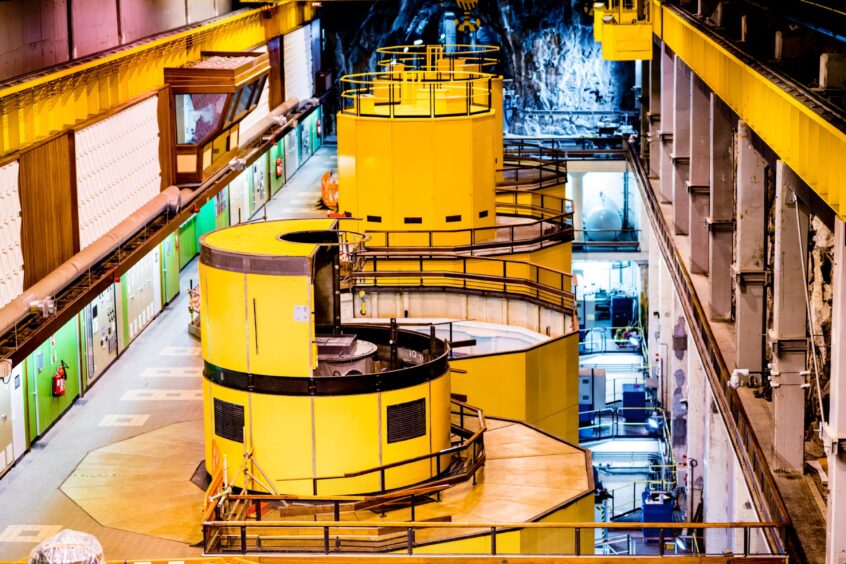
Drax Group CEO Will Gardiner has defended the company’s decision to hand £300 million to shareholders as it seeks support from the UK government to ensure its power plant in North Yorkshire is fitted out to deliver renewable power while removing carbon dioxide from the atmosphere.
Drax is seeking to invest in bioenergy with carbon capture, use and storage (BECCS) technology at its main power-generation site but is looking to the UK government for a subsidy “bridge”.
Gardiner has previously said BECCS technology can “turbocharge growth, create thousands of new jobs, and channel billions in private investment into carbon capture and green energy projects”.
However, in a call discussing their half year results, the firm outlined it was seeking confirmation of support from the new Labour government this year to ensure the BECCS investment is in place to meet net zero targets by 2030.
Speaking to analysts following the announcement of the £300m share buyback program, Gardiner said the firm has been “very open and honest” in its discussion with government about its investment plans.
He said: “The key point is that we are central to the system. We want to make a net zero 2030 power system work and we are committed to doing that as long as we have the right set up and signals from government to do that.”
He added that Drax was in “discussion with the government about what the numbers on the bridge look like” but said “it wouldn’t be a good idea to speculate on those publicly”. However any deal would have to reflect fuel costs.
Energy think tank Ember has estimated the subsidy required for Drax’s BECCS plant could reach £1.7bn each year as the price of the wood pellets it burns rise. The firm already earned £539m in direct government subsidies for burning forest biomass in 2023 although the UK currently plans to end its support for burning unabated biomass to generate electricity by 2027.
Drax insists that BECCS is currently the “only credible technology that can create carbon removals while also supporting UK energy security by generating renewable electricity”.
If the subsidy goes ahead, the firm plans to invest £2billion in the BECCS scheme. In addition it has earmarked £80m to refurbish its Cruachan pumped storage hydro station in Argyll and has received planning permission to add a further 600MW, a project called Cruachan 2. Drax said it expects to make a final investment decision on the £500m project 2026 and bring the extra capacity online by 2030.
Drax says its investments linked to the energy transition and energy security could be about £4 billion by 2030, with more during the 2030s.
Gardiner said that having a net zero power system by 2030 was one of Labour’s primary objectives.
He said his engagement with Energy Secretary Ed Miliband has been “very positive”.
“He is passionate about a net zero 2030 power system, I am also passionate about delivering a net zero 2030 power system. There are lots of people who say that is difficult and it will be difficult. The urgency is with government that if we want to get that done we need to start moving. The simple point is they know what we need to do and we need more clarity by the end of the year.”
He added: “I am excited about the likelihood that happens.”
The power station operator saw its pre-tax profits jump around 37% for the first half of the year.
The company’s adjusted earnings before interest, taxes, depreciation and amortization (EBITDA) for the first half rose to £515m up from £417m in the same period last year.
The company said full year earnings will be around £996 million.
Recommended for you

 © Supplied by Drax
© Supplied by Drax